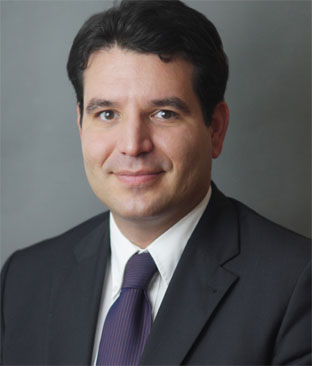Finance and technology
The digitisation of money, regulatory support for digital payments, and the popularity of social platforms are transforming the way people transact and communicate with one another. With millennials as its earliest adopters and strongest supporters, internet and digital finance are projected to grow significantly in the coming years. Technology has made it possible to build business models based on trust, where peers can collaborate digitally. It is also transforming how people consume financial products and services, as well as reshaping customer expectations. Once thought of as disruptors, financial technology companies, internet-based finance platforms, and non-banking digital channels are now seen as enablers that help provide services that go beyond what traditional brick and mortar financial institutions offer.
Collaboration between new entrants and traditional banks are becoming increasingly common, as is the case for partnerships between JD Finance and ICBC or Huawei and China Construction Bank. In addition, digital-based lending and investing are now maturing, allowing underserved sectors of the population to have access to funding and investment alternatives. There has also been a rise of neo-banks that provide frictionless, digital-only banking services or challenger banks that provide an ecosystem for their services. While many in the traditional financial institution sector may perceive these new entrants as threats, the changes they generate are here to stay. This conference gathers thought leaders, innovators and industry pioneers to share their insights on the maturing financial technology industry.
Key focus areas:
User-centric services and products: Where finance meets technology
The digital payment revolution
The arrival of personalised, optimised financial services
Open-banking application programming interfaces (APIs) and the Revised Payment Services Directive (PSD2)
From virtual to reality: Integrating digital economy ecosystems into everyday lives
Neo and challenger banks: A closer look at customer value proposition
Banking at your fingertips
Cloud banking: Strategies for continual transformation
08:00 |
Registration & morning networking |
|
|
08:30 |
Welcome remarks Opening keynote International keynote Leadership dialogue: The shift of global finance Panellists include: Invited:
|
|
10:30 |
Coffee break |
|
11:00 |
User-centric services and products: Where finance meets technology
|
|
12:00 |
The digital payment revolution
|
|
13:00 |
Lunch |
|
14:30 |
The arrival of personalised, optimised financial services
|
|
| 15:30 | Open-banking application programming interfaces (APIs) and the Revised Payment Services Directive (PSD2)
|
|
16:30 |
Tea break |
|
17:00 |
Closing keynote |
|
18:00 |
End of day one |
|
08:00 |
Registration & morning networking |
|
08:30 |
From virtual to reality: Integrating digital economy ecosystems into everyday lives
|
|
10:30 |
Coffee break |
|
11:00 |
Neo and challenger banks: A closer look at customer value proposition
|
|
12:00 |
Lunch |
|
13:30 |
Banking at your fingertips
|
|
| 14:30 | Cloud banking: Strategies for continual transformation
|
|
15:30 |
Tea break |
|
16:00 |
Closing keynote |
|
17:00 |
End of day two |
|
Featured keynote speakers from 2017
-
 Barney Frank,
Barney Frank,
Former congressman, co-author of Dodd-Frank Act -
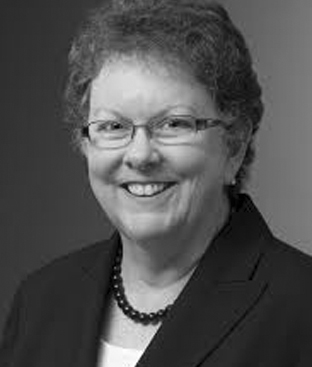 Cathy Lemieux,
Cathy Lemieux,
EVP, Supervision and Regulation, Federal Reserve Bank of Chicago -
 David Shrier,
David Shrier,
Founder and New Ventures, Massachusetts Institute of Technology (MIT) -
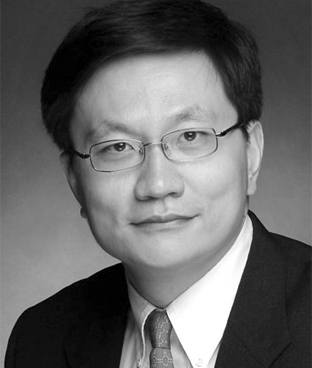 Tang Ning,
Tang Ning,
Founder and CEO, CreditEase -
 Slava Solodkiy, Managing Partner, Life.SREDA
Slava Solodkiy, Managing Partner, Life.SREDA
Featured speakers from 2017
-
 Kanags Surendran,
Kanags Surendran,
Managing Director and Head, Digital Banking, CIMB Bank Berhad -
 Bernard Leong,
Bernard Leong,
Head, Post Office Network and Digital Services, Singapore Post Pte Ltd -
 Ron Hose,
Ron Hose,
Co-Founder and CEO, Coins.ph -
 Olivier Berthier,
Olivier Berthier,
Co-Founder and CEO, Moneythor -
 Vidit Agrawal,
Vidit Agrawal,
Strategic Vehicle Partnerships Lead, APAC, Uber
-
 Stephanie Myers,
Stephanie Myers,
Vice President Customer Strategy, Experience and Loyalty, Prudential -
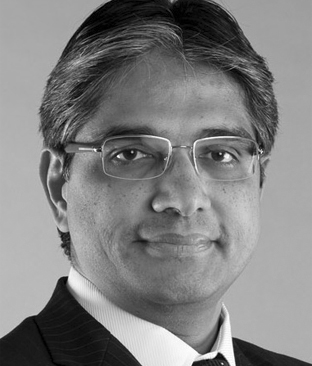 Sreeram Iyer,
Sreeram Iyer,
COO, Institutional Banking, ANZ -
 Lito Villanueva,
Lito Villanueva,
Managing Director, FINTQ by PLDT -
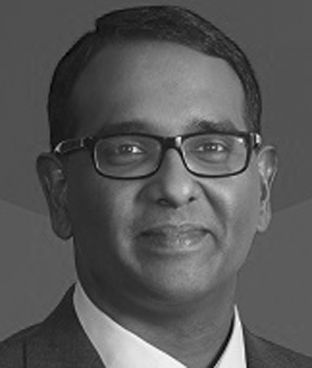 Raju Nair,
Raju Nair,
Managing Director- Regional Head Customer Journey Experience, DBS Bank -
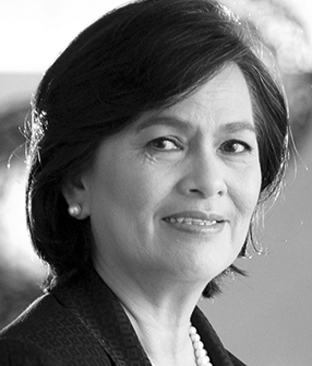 Natividad Alejo,
Natividad Alejo,
Executive Vice President, Consumer Banking Group Head, Bank of the Philippine Islands
Moderators
-
 Richard Hartung,
Richard Hartung,
International Resource Director, The Asian Banker -
 Matt Dooley,
Matt Dooley,
International Resource Director, The Asian Banker -
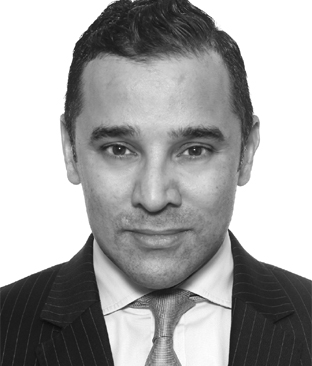 Sam Ahmed,
Sam Ahmed,
Managing Director, Deriv Asia -
Conor Cunningham,
CEO, ACUO -
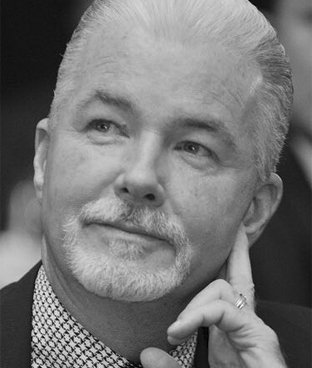 Thomas McMahon,
Thomas McMahon,
CEO, PACE -
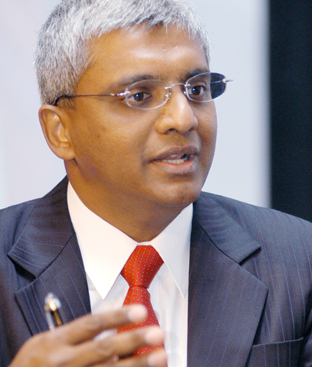 Emmanuel Daniel, Chairman, The Asian Banker
Emmanuel Daniel, Chairman, The Asian Banker -
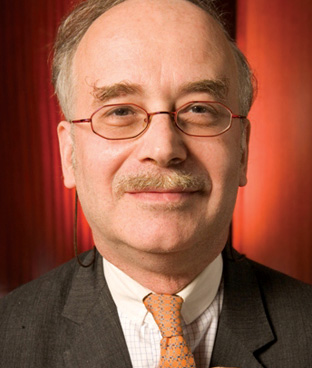 Gordian Gaeta, International Resource Director, The Asian Banker
Gordian Gaeta, International Resource Director, The Asian Banker
Who will attend?
The programme is designed for financial technology players and banking professionals seeking to establish partnerships as well as for senior professionals from the following areas of specialty:
- Banking transformation and innovation, cards and digital channels
- Challenger and neo-banking, cloud banking
- Alternative lending and investing platforms,
- Internet and digital finance
- Traditional banking seeking to learn about new technologies and business models
- Financial technology start-ups, blockchain companies
Please submit the required information in order to reserve your seat in The Future of Finance Summit.
We will contact you shortly with the registration confirmation and more exciting details!

 Ron Suber,
Ron Suber,  Soul Htite,
Soul Htite, 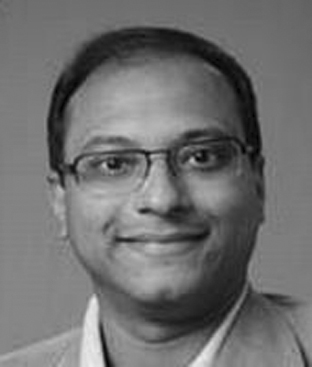 Sameer Gupta,
Sameer Gupta,  Mark Mackenzie,
Mark Mackenzie, 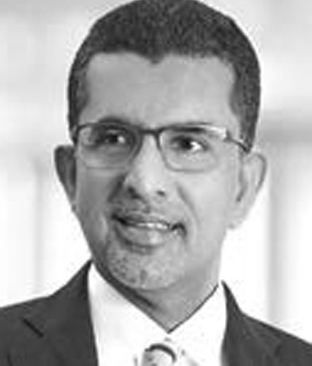 Suhail Amar Suresh,
Suhail Amar Suresh,  Gitesh Athavale,
Gitesh Athavale, 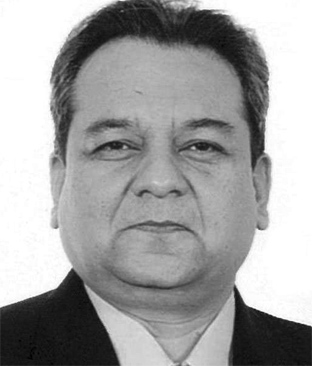 Neil Parekh,
Neil Parekh,  Ng Ling Soon,
Ng Ling Soon,  Val Jihsuan Yap,
Val Jihsuan Yap,  Michael Lor,
Michael Lor,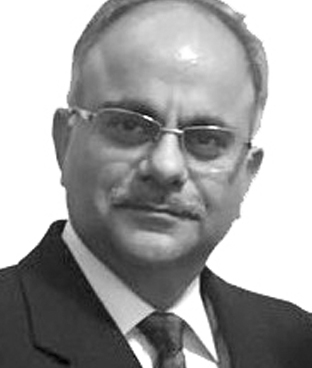 Hitesh Arora,
Hitesh Arora,  Alvin Wong,
Alvin Wong, 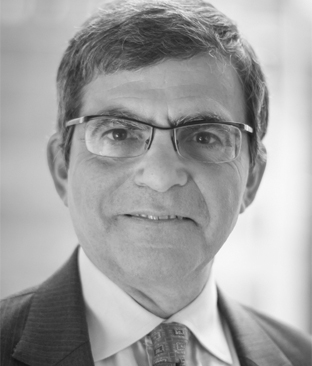 Ron Leven,
Ron Leven, 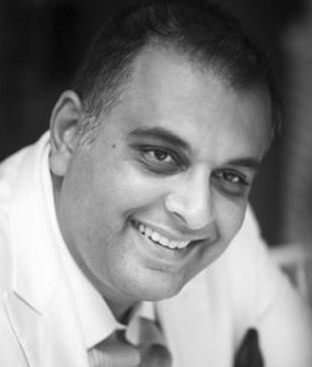 Jinesh Patel,
Jinesh Patel,  Jefferson Chen,
Jefferson Chen,  Nick Walton,
Nick Walton,  Mike Kayamori,
Mike Kayamori, Marcelo Casil,
Marcelo Casil, 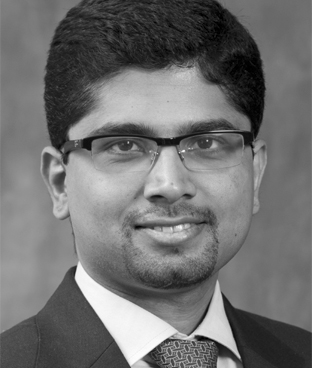 Ganesh Iyer,
Ganesh Iyer, 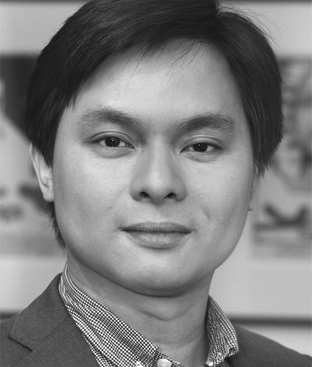 John Bailon,
John Bailon,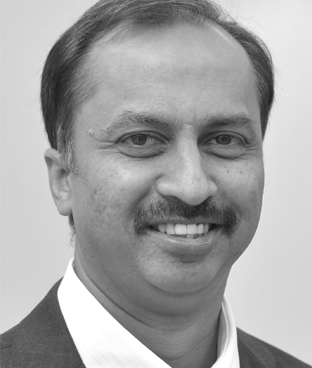 R Vivekanand,
R Vivekanand,  Andrew Tan,
Andrew Tan, 